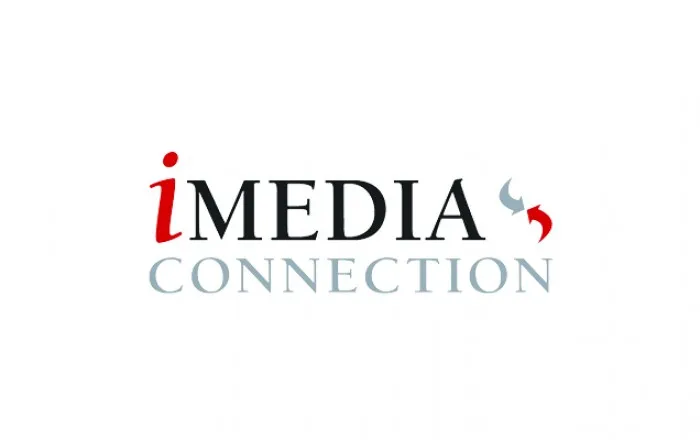Kudos Makes Employee Recognition Easier and More Powerful
News
Jun 30, 2011
News
Jun 30, 2011

Article By: Jim Nichols | Article Source: iMedia Connection
When was the last time you thanked somebody – really thanked ‘em – for going the extra mile? Maybe they worked till Midnight on a plan, or sold in a major deal with an important new client. Or perhaps they were the key organizer of a great company event. Unfortunately, employee recognition programs are usually more honored in the breach than the observance. In Advertising, and especially in Media, this is a very common problem. Often, we feel best about what we are doing when no one says anything because the primary motivator in the digital ad biz is negative rather than positive. When no one says anything, we’ve done good.
That’s not a feedback style that promotes a positive company culture.
Everyone knows that laudatory feedback for a job well done is a great motivator and a key part of an employee retention strategy. It makes people more motivated, drives better teamwork, and gives every person a sense that they are an integral part of what your company does. So it’s not that we don’t want to do a better job in this arena. We just forget in the busyness of a day, or postpone doing it because it requires too much time and then forget to get around to it.
Kudos® is a SaaS offering that facilitates peer-to-peer recognition by giving employees a “bank” of Kudos points to award when the people they work with do a great job. For example, everyone in a Kudos program is given an inventory of Kudos points monthly to give away, typically ranging from 100 to 300 depending on their role and responsibilities. Recognition is given in 4 levels from a Thank You for 5 points to recognize a kind gesture or being helpful in any way to an Exceptional for 50 points for significant accomplishments. Employees receive these credits through the Kudos online interface. The sender can also indicate why they gave the recognition by checking off a quality or skill they observed along with a brief message of recognition that can made public to the broader team.
Of course we all know that game psychology makes us all want to have more points. Kudos point system is a great fit for internal reward & bonus programs, where Kudos points can be used to provide threshold rewards for achieving a point level in any given month to helping determining bonus allocations based on total Kudos points and comments. The point system was also devised to allow organizations to easily monetize the points for redemption by assigning a dollar value to the points. Planned additions to Kudos will allow organizations to set up the monetization and redemption program right through Kudos in 2012 where employees can redeem their points for real world goods through the Kudos site. These can be virtually anything, of course, but Kudos say that gift cards, company parking, corporate apparel, and company product are particularly cost effective options.
Kudos has surrounded this core functionality with a variety of additional features to give the program even more value:
While the service offers many benefits and features, costs are rather reasonable. Five users or less is Free and paid programs will begin at $49 + $1 per user per month. It’s a pay as you go offering, so no contracts.
Throughout my career I have tried to make an extra effort to recognize extraordinary work by sending written thank you notes. Often, however, I fail to do this as much as I wish I had, just as most people wish they did a better job on this front. What excites me about Kudos is how it INSTITUTIONALIZES a culture of appreciation in a cost effective and engaging way. Check out their Web site for more information: www.kudos.com
Kudos is a leading employee recognition and rewards platform that helps organizations build stronger cultures by celebrating achievements, fostering connection, and driving employee engagement.
Kudos has reimagined how organizations approach recognition, internal communications, and employee milestones. By empowering teams with flexible tools like automated celebrations, real-time insights, and powerful rewards budget management, organizations can introduce and scale meaningful recognition programs while reducing administrative effort.
Organizations in over 140 countries trust Kudos to create workplace cultures where employees feel seen, valued, and inspired to do their best work.
Talk to Sales

You should never hesitate to send recognition, but when your message is meaningful, it has the most impact.
Get Your Guide